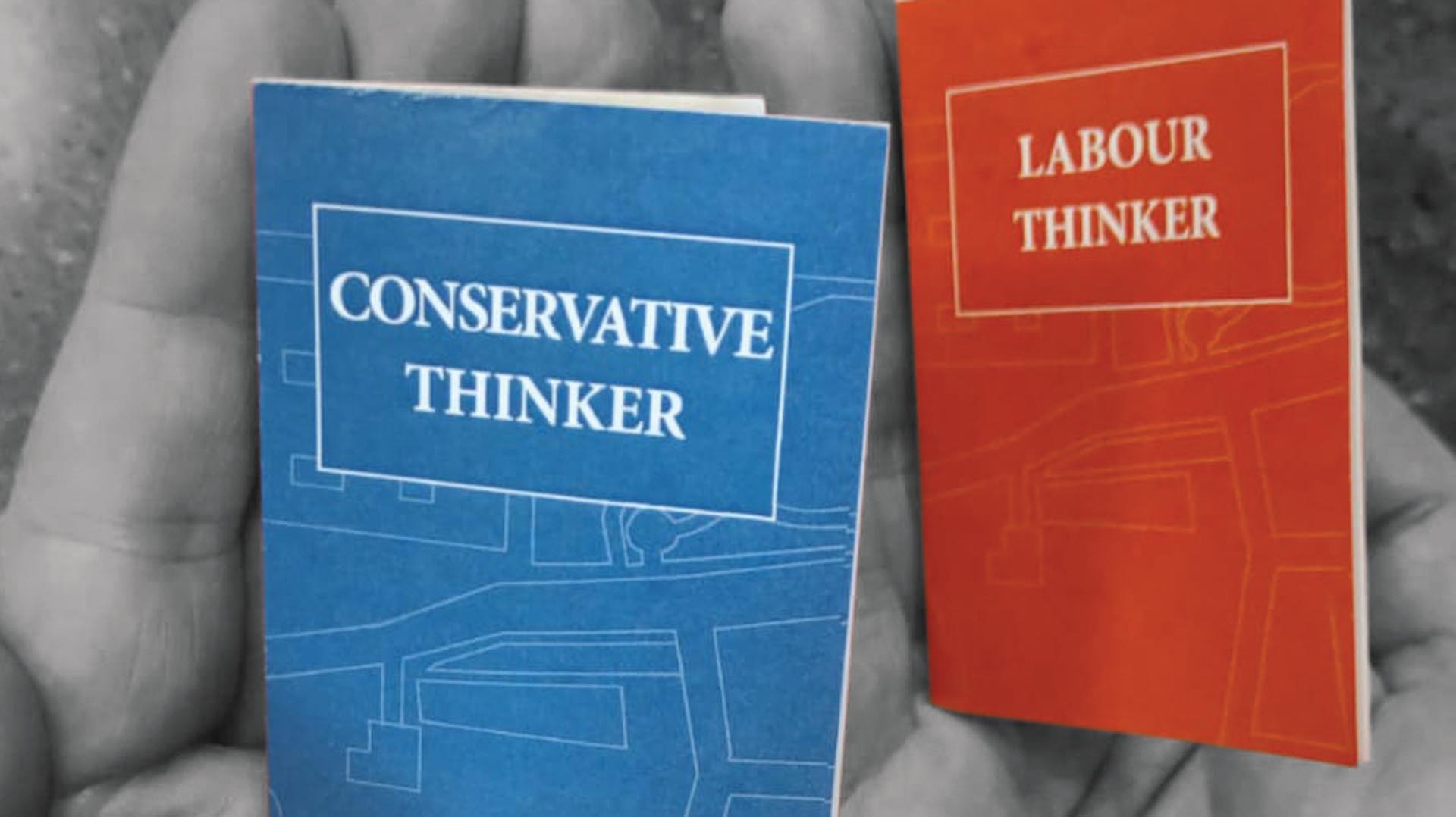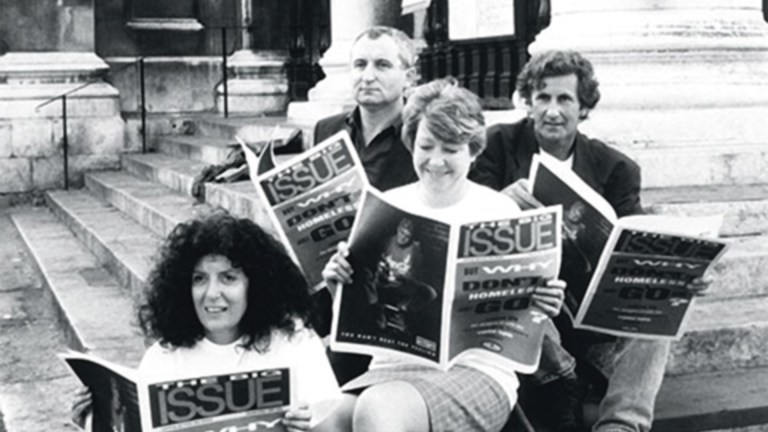A deep damager of children, a murderer of ambition and wellbeing, an unjust disregard for human rights; it is met with a plethora of excuses and promises tied up in the wriggling waffle of politics.
Unfortunately, we have to realise that the blind lead the blind when it comes to getting rid of poverty. We have such an investment from politicians of all parties in doing what has been done before, and a mindset of doing a bit here and a bit there, that a revolution in thinking is furthest from their minds.
They concentrate on keeping power – or taking power – and this is the only political game in town. Hence when an ageing activist like me arrives bearing a gift of thinking differently, they resort to their usual mantra that they are invigorating their fight to end poverty, or that they will when they get into power.
A fundamental change has to take place when 50% of the health budget tries to keep poor people healthy against the damage done by poverty. When 50% of people with cardiac illnesses suffer from food poverty. When schools are expected to manage the poverty that is brought into the classroom while offering a Rolls-Royce educational service to our children.
The impossible is therefore expected, when a careful bit of rearranging of governmental thinking would make the impossible possible.
A Ministry of Poverty is needed which will take the responsibility for preventing or curing poverty away from government departments who do not have the skills or the budgets to do so.
Advertising helps fund Big Issue’s mission to end poverty
Would you ask a doctor to prevent someone slipping into poverty? Or cure a patient of poverty? No; you can only ask them to execute their skills in helping people back into health, a health that is often damaged by poverty.
You can’t ask a teacher to cure a child of the poverty they live in. In some ways we expect teachers to make up for the damage poverty does to the child, but teachers are trained to teach, not to radically empty the child of poverty.
No one in government has a poverty-busting role, except in name only. They can’t do it because largely they don’t have the mindset, or the skills or time. They must simply continue to muddle through.
Yet poverty also destroys the ambitions of people entering politics. Ask any politician why they enter politics and they nearly always refer to bringing about justice and fairness and the ending of poverty.
From Tony Blair to David Cameron, it’s a big buzz to think you can go in and change poverty, ending it or reducing it immeasurably. Yet no one has done it.
So my minuscule manifesto – minuscule in physical size only – calls for all to support a bill I am putting through parliament to create a Ministry of Poverty. To enter the debate as to why we spend billions on warehousing people in poverty yet precious little on prevention and cure of poverty.
Advertising helps fund Big Issue’s mission to end poverty
Most politicians, though, agree that we are not doing enough and need to do more. One of the problems seems to be with the word ‘poverty’. They don’t like it. Call it something else and we might get there. One MP quoted the reason why the Ministry of War was changed to the Ministry of Defence. War, like poverty, is a negative.
Hence the use of ‘levelling up’, a nicer way of talking about poverty.
But it’s not just in the name. It’s in the scattered programmes, the lack of real achievement in ending poverty that needs to be addressed.
Only by centralising and drawing all efforts together can poverty be ended. A place where all the best examples can be measured and, if found effective, rolled out. At the moment we have a disparate, uncoordinated effort.
It’s not going to be easy to rid ourselves of poverty. But we need to do it.
John Bird is the founder and editor in chief of The Big Issue. Read more of his words here.
Advertising helps fund Big Issue’s mission to end poverty
Do you have a story to tell or opinions to share about this? We want to hear from you. Get in touch and tell us more











